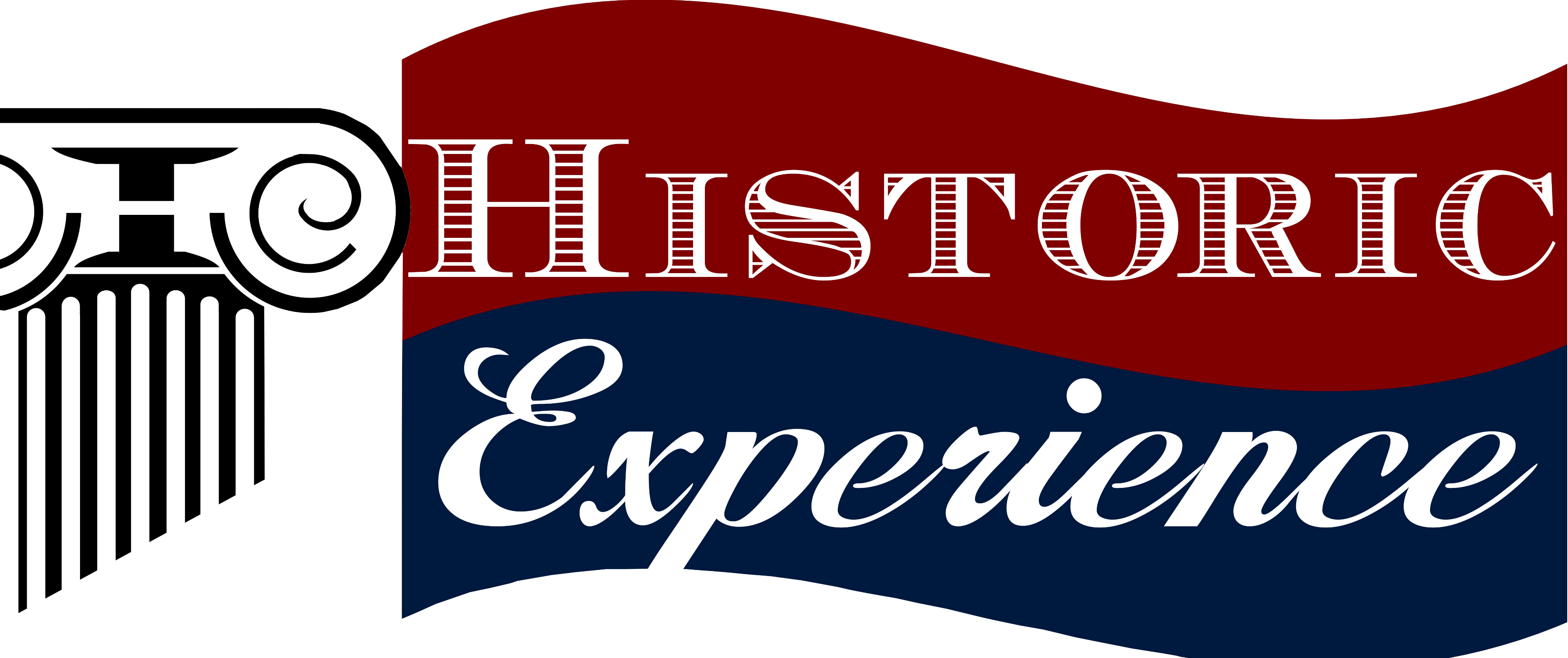June 11 - Trade and Independence
June 11:
Trade and Independence
And now for the sexy part of the Revolution: trade partnerships.
It doesn’t sound as exciting as Washington crossing the Delaware or the debates over the Declaration, but the need for foreign treaties was imperative for establishing a new nation. Adams saw this as a high priority. A French alliance was something Adams was casting about for well before it happened. However, his priorities were different than the alliance that Franklin eventually forged with the French.
Is any Assistance attainable from F.?
What Connection may We safely form with her?
1 st. No Political Connection. Submit to none of her Authority—receive no Governors, or officers from her.
2d. No military Connection. Receive no Troops from her.
3d. Only a Commercial Connection, i.e. make a Treaty, to receive her Ships into our Ports. Let her engage to receive our Ships into her Ports—furnish Us with Arms, Cannon, Salt Petre, Powder, Duck, Steel.
Notes on Relations with France, March—April 1776.
Adams held fast to the belief that in order for America to be viewed and treated as a country, the highest priority was to establish it in terms of trade – because commerce would benefit this new nation in times of war and peace. And while he thought it foolish to think the war would be over quickly, it was still imperative to think beyond the war, so this nation could still afford to be this nation.
The question of who would be the first choice for a commercial alliance was an easy answer: France. Yes, nations like Holland were financially strong, but France, in addition to its own strong commerce, had one of the only naval forces even close to England’s. In other words, they had military ships to back up their trade ships – so trade could more likely happen.
Plus, the French were still licking their proverbial wounds over the Seven Years War, and striking an alliance with England’s upstart rebellious colonists could be a real slap in the face to the British.
And so to the Treaty itself. Adams was given responsibility (again) to draft his committee’s document, and he dove straight into it. He based his preliminary articles on state treaties that were aimed toward American benefit. Then came a gift from Franklin – a loan of a book. And what a page-turner it was. “A Compleat Collection of All the Articles and Clauses which Relate to the Marine, in the Several Treaties Now Subsisting Between Great Britain, and Other Kingdoms and States,” which might prove a modern insomnia cure, made for Adams a sure-fire outline for success. By taking existing French-English treaties, and simply adapting them to be French-American in their wording, he made quick work of the remaining articles. By using ideas that the French had already said oui to, it would be much easier to bring them to oui once more.
By September, the Plan was approved and folded into the instructions of the first American negotiators to France. The Plan’s wording would change, as so often happened in negotiations. But the principles that Adams set forward held fast into the Treaty of Amity and Commerce with the French.
Franklin would, as Adams put it, “shift as the wind shifted,” and pushed quickly for more military and political alliances, which would eventually lead to a Treaty of Alliance, but Adams’ priority of commercial alliance made the final cut.

John Adams
to Patrick Henry,
3 June 1776
I, esteam it an Honour and an Happiness, that my opinion So often co-incides with yours. It has ever appeared to me, that the natural Course and order of Things, was this—for every Colony to institute a Government—for all the Colonies to confederate, and define the Limits of the Continental Constitution—then to declare the Colonies a sovereign State, or a Number of confederated Sovereign States—and last of all to form Treaties with foreign Powers.3 But I fear We cannot proceed systematically, and that We Shall be obliged to declare ourselves independant States before We confederate, and indeed before all the Colonies have established their Governments.
It is now pretty clear, that all these Measures will follow one another in a rapid Succession, and it may not perhaps be of much Importance, which is done first.
